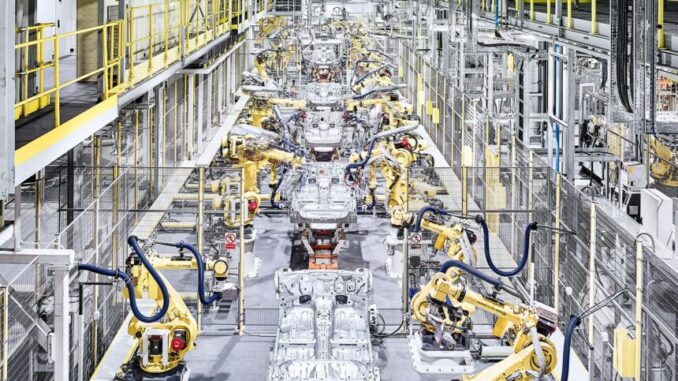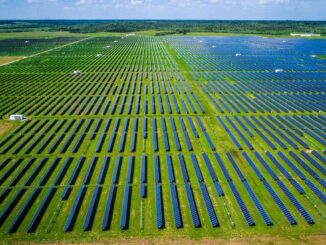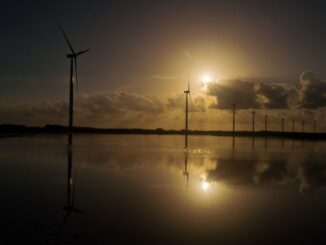
In response to the Biden administration’s Inflation Reduction Act, which awards $369 billion to green energy technologies, the European Union wants to double down and subsidize its own green industrial base, and in effect manufacture a green trade war. French Finance Minister Bruno Le Maire recently said, “We want state aid that can be much more massive for certain sectors that we clearly identify — hydrogen, electric batteries, solar panels, semiconductors. There is not a moment to lose.”
The desire to capitalize on the green energy economy is understandable. After all, the market to provide cost-competitive energy is enormous. The use of taxpayer-funded subsidies and protectionist tariffs would likely harm consumers, hinder free trade among allies, and stunt the acceleration to a low-carbon economy with an unnecessary trade war. A far more productive approach would be to eliminate the trade and regulatory barriers that lead to higher costs for families, limit economic opportunities for businesses, and prolong supply chain problems. Strengthening the relationship between the U.S. and our European and Asian allies will help people and the planet.
One example of the growing tension among America’s trading partners is the Inflation Reduction Act’s treatment of electric vehicle subsidies. To qualify for the full credit, certain conditions must be met. In 2023, at least 40 percent of the minerals used to make the battery must be extracted in the U.S. or a country that has a free trade agreement with America (which is a smaller number than you think). That percentage increases to over 80 percent beginning in 2027. Car buyers also receive a bigger credit if they buy an EV manufactured in North America.
A made-in-America industrial policy sounds nice on the surface, but it could backfire economically and environmentally. Favoring certain producers violates World Trade Organization rules and disadvantages foreign manufacturers in South Korea and Japan that produce more environmentally friendly vehicles that Americans like to buy. Restricting consumer choice or using carrots to nudge car buyers in a certain direction could also result in more leasing, which has its own financial and environmental drawbacks by encouraging more vehicle turnover. Retaliatory protectionist policies and a de facto trade war with Europe, South Korea, and Japan would only make matters worse.
Green protectionism is a microcosm of the broader problems with industrial policy. Cato’s Scott Lincicome writes that industrial policy “ […] isn’t implemented in a vacuum by unbiased technocrats; it’s implemented in the U.S. political system, with everything—inefficient and porky legislation riders, unpredictable implementation, cost overruns, etc.—that that entails.”
Any transition to a low-carbon economy cannot be built on the backs of forced labor, such as the ethnically persecuted Uyghurs, or on the backs of child labor in countries with atrocious working conditions. Laws should exist to protect against America buying products made with forced labor and EV producers are quickly migrating to responsible sourcing standards. However, made-in-America industrial policy can quickly backfire and hurt people and the planet.
Permitting access to America’s abundance of resources, streamlining regulations, and leveraging partnerships with U.S. allies will be a much more effective response to overreliance on a few suppliers. With the rising cost of minerals and the sticker price of EVs higher than their gas-consuming counterparts, lawmakers should look to reduce barriers, avoid protectionist policies, and stop a looming trade war before it starts. Increasing supplies and opening global markets will lower prices, ease supply chain constraints, and increase consumer choice for American car buyers.



